
Starting June 1st, 2023 Our warehouse fee will be $0.65/cubic foot per month
In effort to lower the warehouse storage fee during inflation, we have went narrow aisle racking.This construction took us four months but the project is finally completed. With narrow aisle racking, we are able to drop storage by 24%.We as partners will go through this inflation together.
01/02/2024
An incoterms rule states that the seller bears all risk and expenses related to shipping and delivering goods to a specified location (typically the buyer's place of business). This includes export clearance, transport costs, and most importantly import clearances. It is applicable to any form or forms of transportation, including air, ocean, ground, and multimodal. When the seller makes the items available at the designated destination, ready for unloading, risk and expenses pass from the seller to the buyer.
Since the seller bears all shipping, import, and delivery charges, DDP may appear like a good deal for buyers. However, keep in mind that sellers may raise their prices to offset the possible extra expenses associated with employing this approach.
When accepting a DDP transaction, sellers should exercise extra caution because they might not be able to get import approvals in the country of destination. Certain nations necessitate that organizations handling import procedures have a physical presence within their borders. If a seller believes that completing import documentation would be onerous, it might be best for all parties to select DAP or DPU.

Some related terms shared by Worldcraft Logistics experts help you supplement your necessary knowledge
A shipping agreement that places the seller in the most liability is called Delivered Duty Paid (DDP). The seller is responsible for making arrangements for import clearance, tax payment, and import duty in addition to the cost of delivery. Once the commodities are made accessible to the customer at the port of destination, the buyer assumes the risk. Before completing the transaction, the buyer and seller must agree on all payment terms and specify the destination name.
The International Chamber of Commerce (ICC) created DDP in an effort to standardize shipping worldwide; as a result, DDP is most frequently utilized in international shipping transactions. Because the buyer has less obligation and pays less for shipping, DDP helps the buyer more than the seller. Nevertheless, the seller bears the brunt of this arrangement.
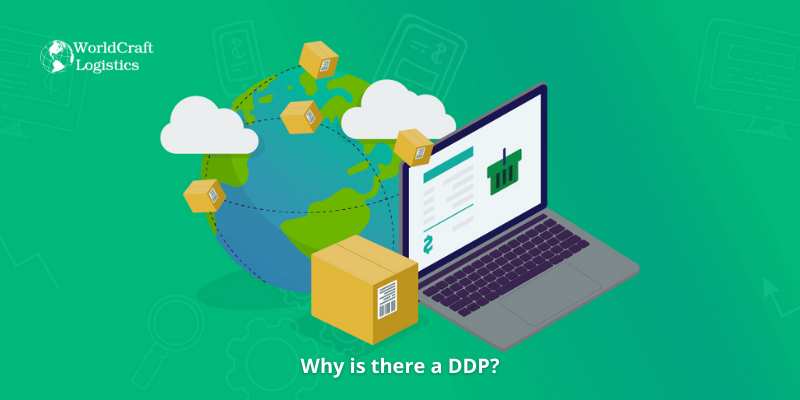
The main arguments in favor of DDP shipping over DDU shipping are listed below.
DDP shipments protect the purchasers from fraud. It is in the seller's best interest to ensure that customers receive what they requested because they bear all the risk and expense of goods shipment. Scammers won't even contemplate using DDP shipping because of the time and expense involved.
When exporters send packages halfway across the world, a lot may go wrong. Every nation has its own rules governing shipping costs, import taxes, and transportation. DDP forces the seller to be careful to dispatch packages only via the most efficient and secure ways.
It might be challenging to deliver a product safely by air or water, depending on its nature and the location of sale. In essence, DDP is a delivery contract that makes sure merchants don't just grab the money and go.
There's a danger the sale won't go through if the buyer needs to pay customs fees as they won't know how much these would cost. DDP makes shopping easier by eliminating the need for the buyer to worry about paying foreign fees, while merchants and shippers handle these costs.
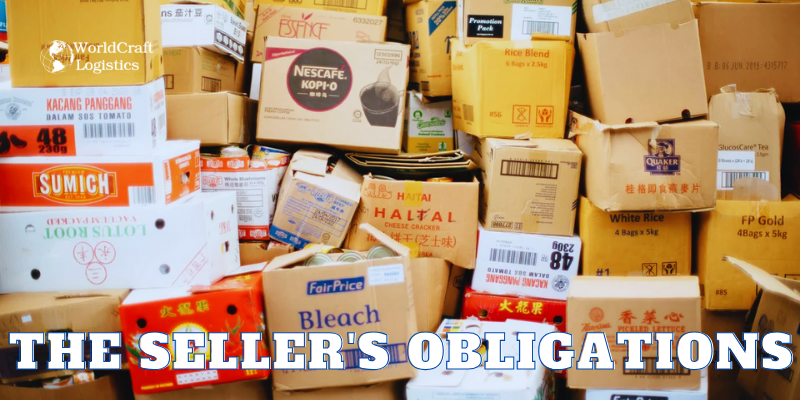
The seller makes arrangements for transportation via any type of carrier and has all liability for that carrier's fees as well as for gaining customs clearance in the buyer's nation, which includes obtaining the necessary approvals from that nation's authorities. Additionally, the vendor might have to obtain an importation license. However, unloading the products is not the seller's responsibility.
In addition to providing the goods, the seller is also responsible for drafting a sales contract and any necessary paperwork, export packaging, setting up export clearance, meeting all import, export, and customs requirements, and covering the full cost of transportation, including final delivery to a predetermined location.
Worldcraft Logistics' example clarifies the term DDP:
As soon as the items are delivered to the predetermined location, the seller is required to notify the buyer, provide for confirmation of delivery, and cover the cost of any inspections. If an item in a DDP transaction is lost or destroyed in transportation, the seller is responsible for paying the associated expenses.

Although DDP is a well-liked choice for sellers, there are significant costs associated with it. Compute the costs associated with DDP delivery and whether you will turn a profit on sales to decide if it is the best option for your company. Sellers are in charge of ALL of these costs:
Products might be costly to ship by air or sea. It's important that you take the time to determine how much international shipping will cost. To view rate calculators offered by various carriers, click this link.
Customs inspections of incoming shipments are likely to occur if DDP term is not handled properly, leading to delays. If you wind up going with the least expensive alternative for transportation and end up with a less dependable provider, late shipments can also happen.
The expense of any product damage is borne by the vendor. It will be your responsibility as the seller to cover any damage to the goods and possibly even to pay for new shipping to the intended location.
While shipping insurance is not required, most sellers choose to buy it in order to reduce risk.
The seller is tasked with paying the VAT under DDP. Nonetheless, modifications are permissible with both the buyer and seller's approval. Sometimes 15-20% of the value of the products plus duty goes toward VAT, which can be very costly. In certain situations, the buyer may be qualified for a refund of VAT, contingent on what they do with the products. The customer is entitled to VAT reimbursements. This implies that, in the best case scenario, you must pay the VAT; in the worst case scenario, you pay the VAT and your client receives a VAT refund.
The seller is responsible for covering the costs of customs clearance under DDP. This covers any storage or demurrage fees that are incurred as a result of delays from delivery drivers, air/ocean carriers, customs authorities, and other government agencies. These expenses can swiftly reduce or even eliminate your profits because they are unforeseen.
The shipper may not always be able to have the items cleared via international customs. Customs policies differ from nation to nation for DDP shipments. Import clearance can be a complex and time-consuming process in certain countries, therefore it is best if the buyer, who is familiar with the procedure, handles it.
A DDP shipment may be delayed by customs if it is not cleared, even though customs may choose to overlook its DDP status. This could lead to the vendor adopting alternative, more expensive delivery options, depending on the customs authorities' decision.
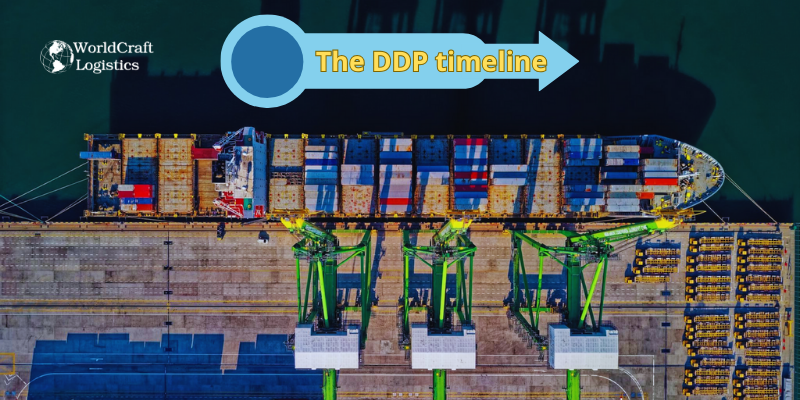
DDP adheres to a basic supply chain schedule. Up until the products are delivered to the buyer, the seller bears the majority of the liability. There are four main steps in this process.
The package will be delivered by the seller to a reputable carrier, or the carrier may decide to pick it up. Due to the fact that using reputable carriers lowers shipping costs overall, sellers are encouraged to do so.
Any kind of transportation, including cars, trucks, and airplanes, can be used to send packages. By working with a reliable shipping partner, the seller may reduce risk and ensure that the shipment is delivered.
DDP shipping has the advantage of not requiring the buyer to pay VAT. The bears the expense of the shipment's VAT.
The real product is now the buyer's responsibility after the box arrives. This is when D2C businesses can anticipate hearing from customers in the event that there are any delivery-related concerns.

When supplier costs are predictable and comparatively steady, DDP is employed. Since the seller bears the greatest risk, sophisticated suppliers typically utilize DDP; nonetheless, some experts contend that there are specific reasons why importers and exporters in the United States shouldn't employ DDP.
For instance, value-added tax (VAT) may be applied to exporters from the United States at a rate of up to 20%.
In addition, the customer is qualified for a refund of VAT. In addition, exporters may incur unforeseen storage and demurrage charges as a result of customs, agency, or carrier delays. Bribery carries a danger that might have serious repercussions for both the US government and a foreign nation.
Because the seller and its forwarder are in charge of the shipment, U.S. importers have little access to supply chain data. Additionally, a seller may raise their pricing to markup freight expenses or pay the risk of liability for the DDP shipping.
Customs inspections of incoming shipments are likely to occur if DDP is not handled properly, leading to delays. Shipments that arrive late can also happen when a seller uses less dependable, less expensive shipping options to cut expenses.
When shipping DDP, the seller bears all liability up to the point of delivery, including delivery.
DDP shipping covers duties, insurance, taxes, and the seller's door-to-door delivery service.
In general, DDP shipping is safe, but be sure to investigate customs policies and the country from which you are exporting or receiving goods.
The provided article from Worldcraft Logistics proves to be valuable, offering a detailed explanation of the term DDP in shipping. It effectively addresses the common query of many individuals: What is DDP? The insightful content delves into the workings of DDP, its advantages, and the value it brings to businesses. We look forward to engaging with you again in upcoming articles.
SEO
Digital Marketing/SEO Specialist
Simon Mang is an SEO and Digital Marketing expert at Wordcraft Logistics. With many years of experience in the field of digital marketing, he has shaped and built strategies to effectively promote Wordcraft Logistics' online presence. With a deep understanding of the logistics industry, I have shared more than 500 specialized articles on many different topics.

Education
01/05/2025

Education
02/18/2025
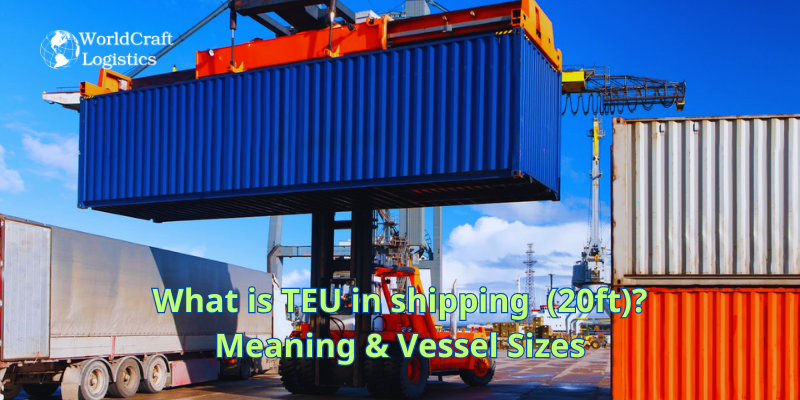
Education
01/01/2024
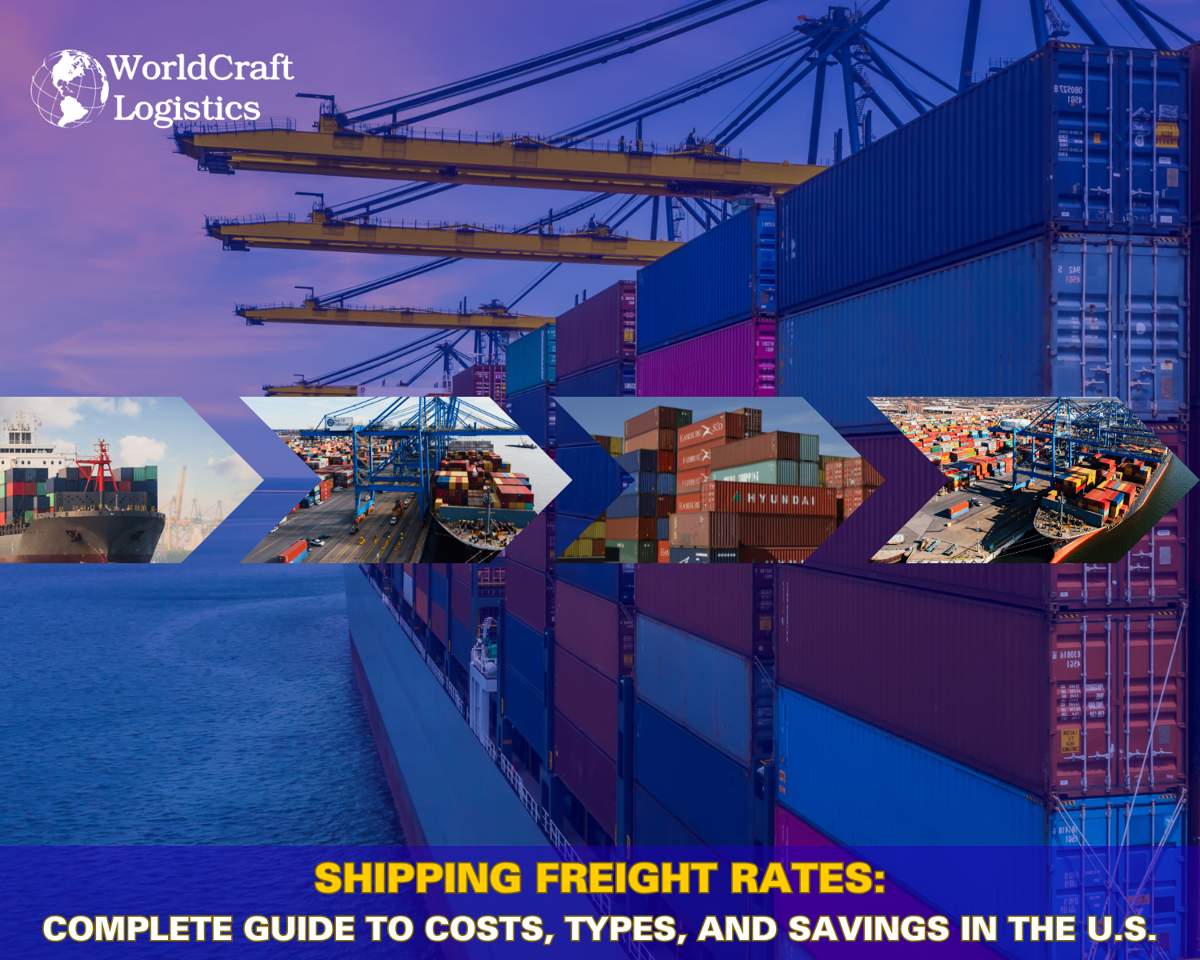
Education
09/09/2025
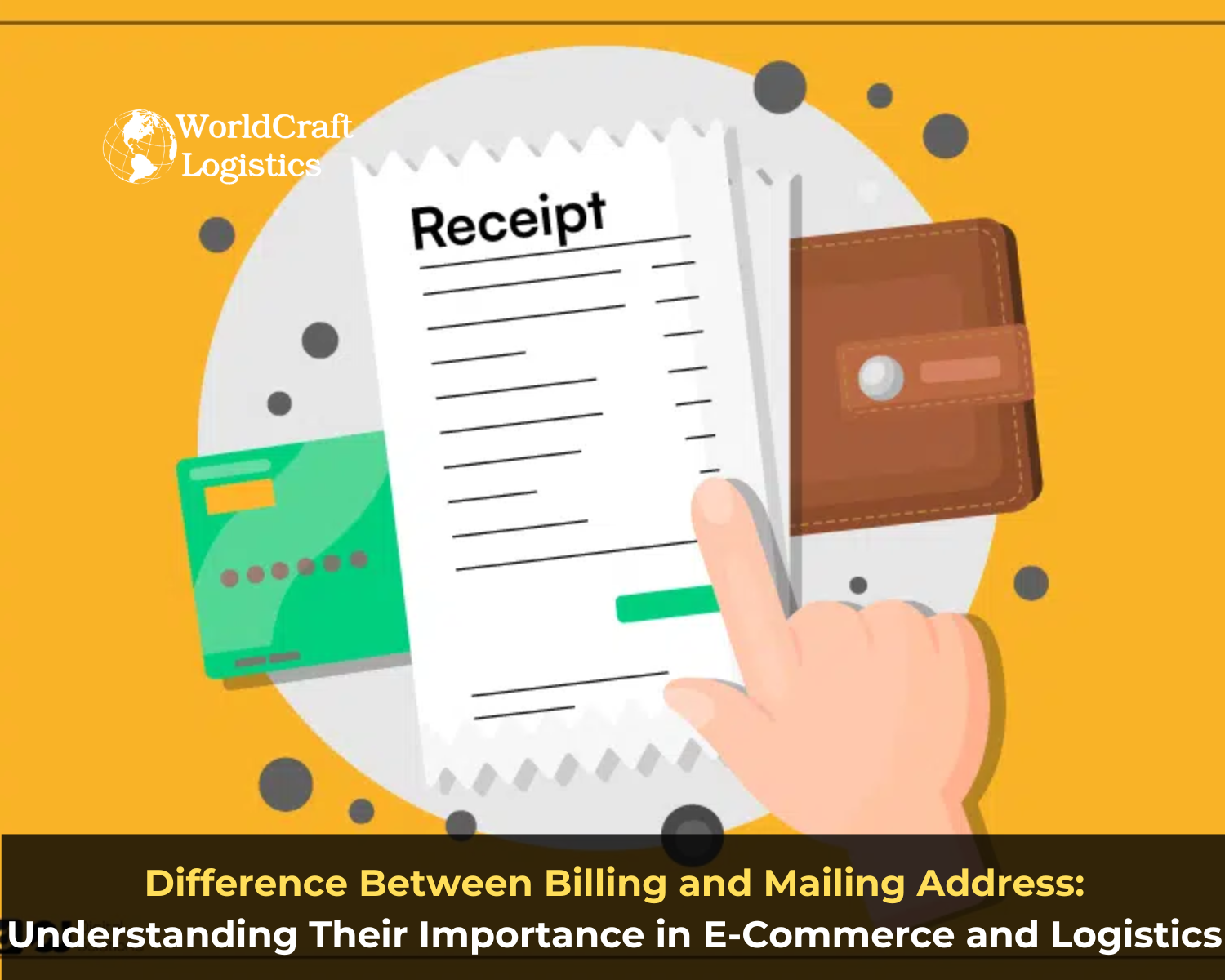
Education
08/28/2024